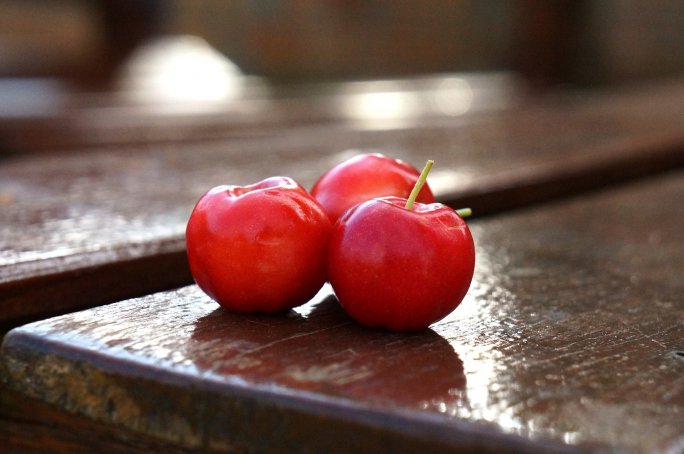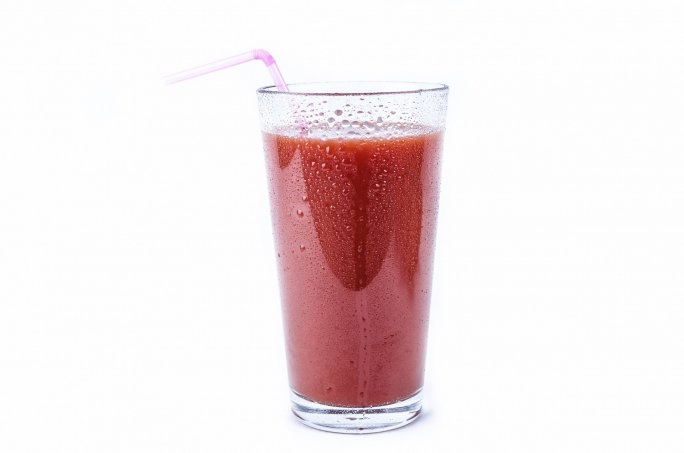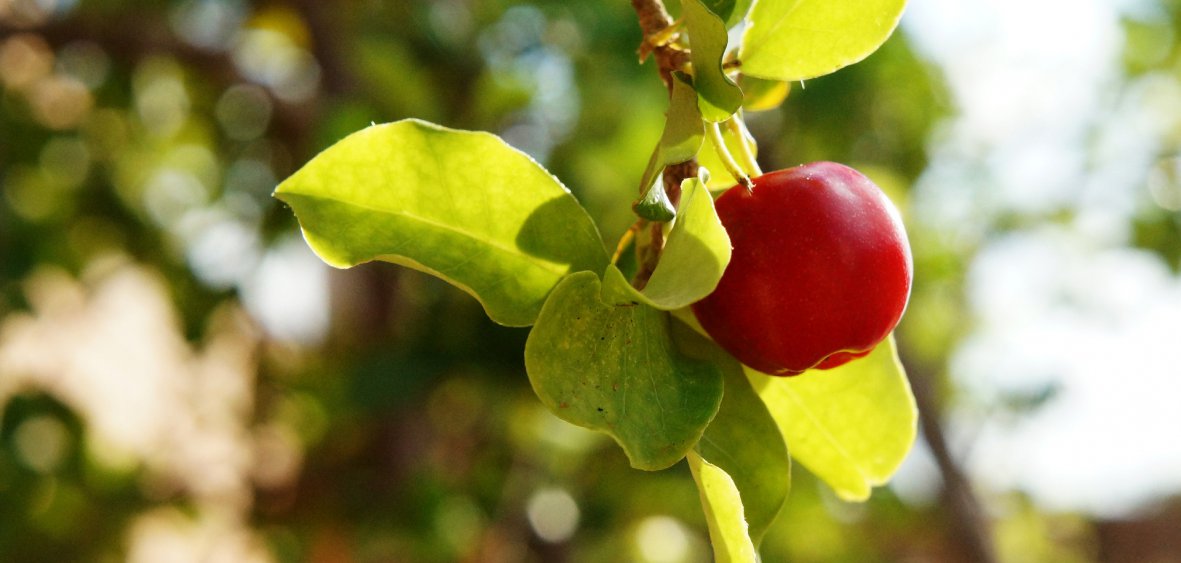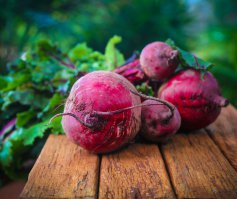Acerola (Latin Malpighia glabra), also known as Barbados cherry, is a species of evergreen shrub from Central America. This plant has found a very wide application as a natural medical remedy in this region. The unique properties of acerola fruit are suitable for the treatment of diseases such as chickenpox, anaemia, as well as for various ailments of the lungs and liver.
It can be used both in children and adults, being a great support for the immune system of the body. It also has an extremely strong antibacterial effect, which is important, among other things, in the fight against cold. Acerola fruits are characterized by a very high content of vitamin C. They also contain antioxidants such as carotenoids and anthocyanins.
Acerola - properties
The biggest advantage of this plant is its exceptional nutritional properties. It is characterized by the highest content of vitamin C in the way of all kinds of fruit - it is 30 times more than in the popular lemon. Nearly 3% of the ripe fruit composition is read by vitamin C! This means that by consuming 3 acerola fruits a day, we cover our daily demand for this vitamin. However, this is not the only advantage of this plant.
Thanks to the high content of vitamins, acerola fruits effectively support the immune system of the body. They are an antioxidant, which also has a positive effect on the cardiovascular system, preventing the occurrence of diseases (including atherosclerosis), reducing the risk of stroke and lowering blood pressure. It also has an extremely strong anti-cancer effect. It also influences the development and strengthening of bones and joints.
If you suffer from a lack of appetite, weakness, joint and muscle pains, bleeding gums, you get tired quickly or have an increased tendency to develop bruises - acerola should help to balance the level of vitamin C in the body and support proper functioning of the body.

However, acerola is not only vitamin C. This is because fruits of this plant contain also a wealth of anthocyanins and carotenoids, means very precious for our body antioxidants. They are responsible for the colour of the fruit, maintained in dark red shades.
According to some sources, the content of carotenoids in acerola juice reaches as much as 1881 mg per 100 grams of juice. The vast majority of them (up to 75%) is beta-carotene, also known as provitamin A. It is responsible for the functioning of eyesight, reducing the risk of macular disease (which is one of the main causes of loss of sight in old age), preventing heart attacks and diseases, strengthening the overall immunity of the body and accelerating the tanning process.
The anthocyanin content per kilogram of fruit is between 37,9-597,4 mg, while that of flavonols is between 75-185 mg. Moreover, the additional advantage of acerola is that the antioxidant effect of the resulting juice is stronger compared to other juices, such as grape juice, which is considered to be a rich source of antioxidants. Anthocyanes also support eyesight and prevent its diseases, protect against heart attack and have an effect on the heart and blood vessels. In addition, they have a strong anti-allergic and anti-inflammatory effect. They also protect against cancer.
Acerola - juice
The most popular form of acerola is juice pressed from its fruits. In this form you should take about 2 teaspoons a day. However, it is important to store the juice in appropriate conditions, as improper storage can lead to the loss of rich pro-health properties. First of all, it must be stored in the fridge, but not longer than 21 days. You should pay attention to this already at the time of purchase, because some finished products have a short shelf life. After this time, the vitamin C content decreases, which decreases the antioxidant properties of the juice.
Acerola juice is an excellent addition to water, giving it a delicate, sour aftertaste. However, it should not be added to hot tea, because the high temperature of the infusion causes the breakdown of the valuable vitamin C contained in its composition.
Sometimes acerola is also available for purchase in the form of pulp, i.e. pulp formed during the crushing of the raw material. This form is the closest to the natural one, but it is extremely difficult to buy in stores. It can be used, for example, as an addition to desserts or mixed with water to create healthy cocktails or smoothies.

Vitamin C or acerola?
Many people wonder whether the use of acerola or pure vitamin C is more beneficial for our body. The answer is simple. Acerola fruits have in their composition not only ascorbic acid, but also a wealth of other ingredients. Antioxidants contained in their composition are widely used, supporting proper functioning of the body. Antioxidants with such a unique and effective effect cannot be found in traditional preparations containing vitamin C.
Acerola - what price?
The delicate structure of the flesh of these fruits makes them unsuitable for long transport and storage. For this reason, they require rapid processing into frozen concentrates, powdered preparations or simply juices. In Polish shops you can easily buy these fruits in the forms described below.
Acerola powder
Powder extract can be mixed with water, the recommended daily dose is 2-3 teaspoons/day. It costs about 80 PLN per 100 grams of product.
Acerola juice
Juice - for 250 ml of the product you have to pay about 10-20 zlotys.
Acerola in tablets
Acerola tablets are intended to be suckled or swallowed. The recommended daily dose is 1-3 tablets/day. Prices vary depending on the extract content and the number of tablets in the package and range from 25 to 100 PLN.
Acerola in cosmetics
Beta-carotene, which is contained in acerola juice, supports the treatment of acne, also inhibits the formation of wrinkles. Vitamin C additionally seals blood vessels, therefore acerola has a very wide application in cosmetics. This fruit is used to make various types of masks and creams.















